Ishiba Urged to Adopt ‘Japan First’ Approach in Trump Relations
- Ado Machida, a former adviser to Trump, urges Japan’s PM Shigeru Ishiba to adopt a “Japan First” approach.
- Machida advises against rushing a summit with Trump, emphasizing the need for a strong, truthful relationship.
- He warns of challenges in trade and security, urging Japan to highlight its investments and job creation in the U.S.
- The ‘Japan First’ approach could shape the future of Japan-U.S. ties, but its implementation remains to be seen.
In a recent development, Ado Machida, a former policy adviser to U.S. President Donald Trump, has emphasized the importance of a Japan First mindset for Prime Minister Shigeru Ishiba. This approach, Machida believes, is crucial for the Japanese leader to establish significant ties with Trump, whose second term is anticipated to shake alliances and reintroduce protectionist policies.
Machida, who was part of the first Trump presidential transition and is currently based in Tokyo, expressed his views in a recent interview. He highlighted that a Japanese prime minister who is subservient to the president would not be beneficial. He has advised the Japanese government against rushing to arrange a summit with Trump.
The U.S. president, inaugurated on Monday, expects the prime minister to prioritize Japan, mirroring his own America First agenda. And that’s how you have a meeting of minds, Machida stated. He further added, You want someone who’s going to be strong and who’s going to tell him the truth and who’s going to give him objective truths.
Ishiba’s Unique Position
Machida, a Japanese American, served as the director of policy implementation in the first Trump transition team for approximately eight months until February 2017. He perceives Ishiba’s situation as entirely different from 2016 when Trump, a real estate mogul with no public office experience, was unexpectedly elected U.S. president.
The then Japanese Prime Minister Shinzo Abe hurried to Trump Tower in New York less than two weeks after the election to meet the president-elect. Abe presented Trump with a golden golf club, laying the foundation for a robust relationship. Ishiba initially intended to follow this playbook after Trump’s victory in the U.S. presidential election in November last year. However, the plan was put on hold, with a summit meeting now being considered for the first half of February in the United States, according to government sources.
Machida advised the Ishiba administration against meeting with President Trump early on. He explained, Well, because this time around, President Trump knows what he wants from Japan. He cited issues such as a greater financial contribution by Tokyo to support U.S. troops stationed in the country and addressing the countries’ trade imbalance.
Challenges and Expectations
Machida warned, If Prime Minister Ishiba is not prepared to respond in kind, it doesn’t help, right? It’s not a good, it’s not a winning formula for a friendship or a relationship. He anticipates that the allies’ ties may be tested during the second Trump presidency, amid concerns that Japan could be among the major U.S. trade partners hit with higher tariffs, which Trump has threatened to impose to win concessions.
Machida noted that Trump views trade from an American jobs perspective. He suggested that the Japanese government and businesses must collaborate to highlight their investment in the United States over the years, the number of jobs created, and future plans.
On the security front, Machida expects quite tough negotiations on Tokyo’s financial contribution to support U.S. troops in Japan. Many Americans question the rationale of maintaining forces in countries such as Japan, South Korea, and Germany. The bilateral five-year agreement on the budget will expire in 2027. Trump, who previously called Japan a free rider on security, pressured the Asian ally to increase host-nation support during his first four-year term that ended in January 2021.
Japan may argue that it is already covering the majority of the costs for hosting U.S. troops, but Machida believes more efforts are needed to answer questions such as whether the public is prepared to fight to defend the country. He suggested, And if the answer is no, then the U.S. troops are nothing more than being a bodyguard. And if we’re the bodyguard, then you should pay us not only 100 percent, you should pay us 200 percent of the cost of us being here.

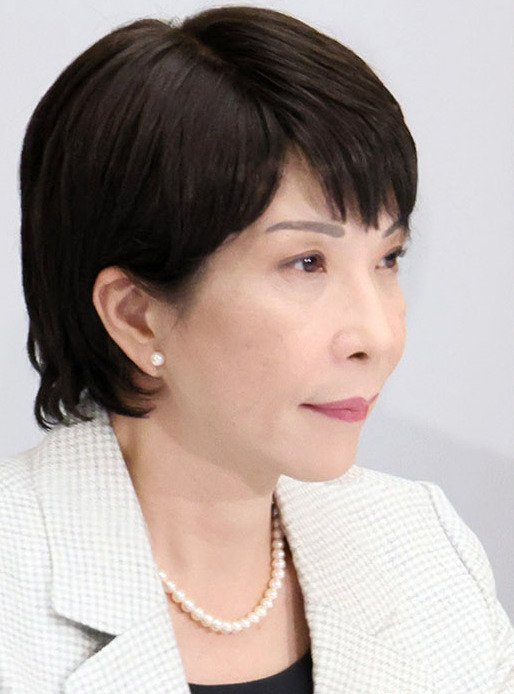

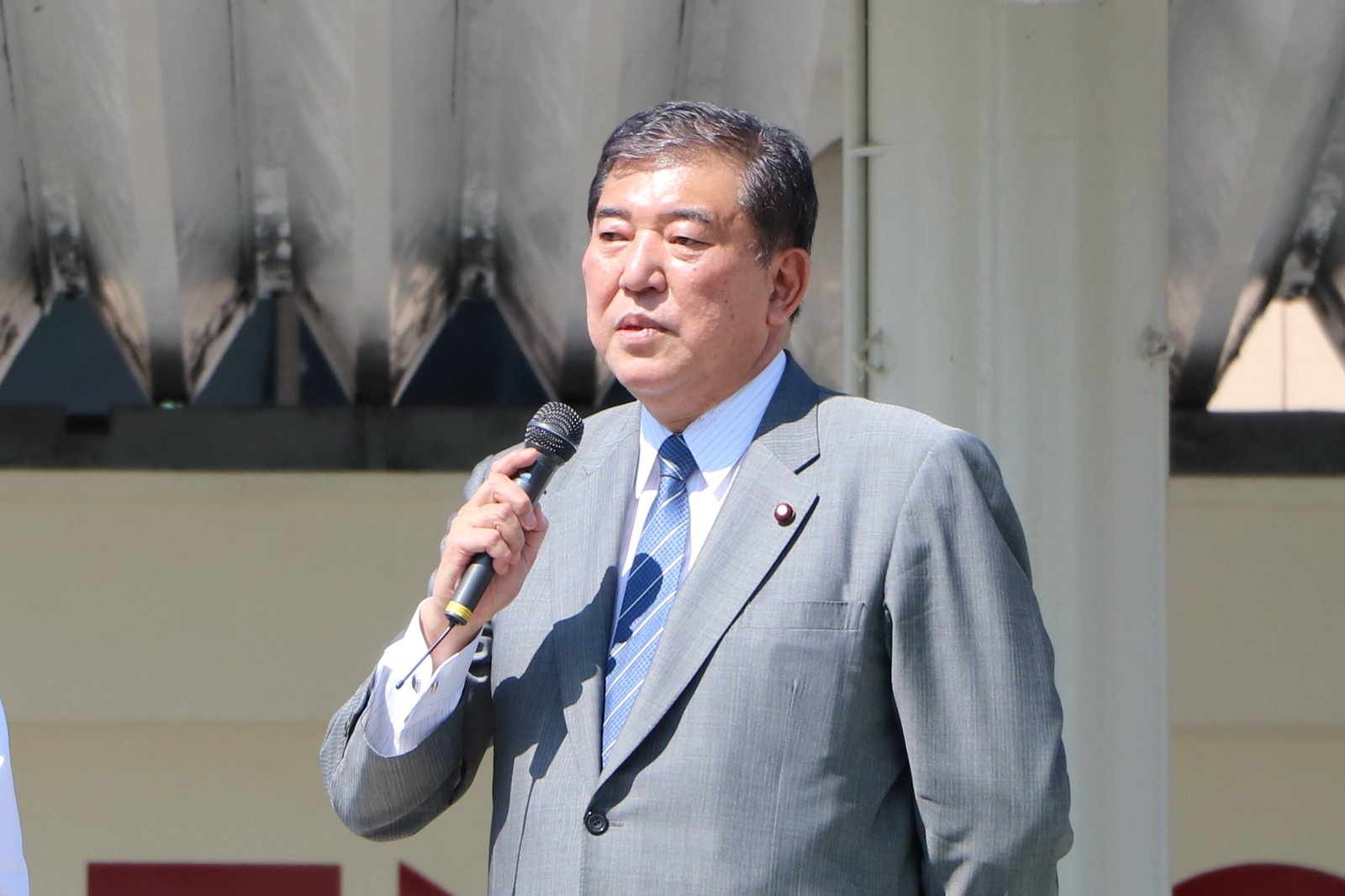

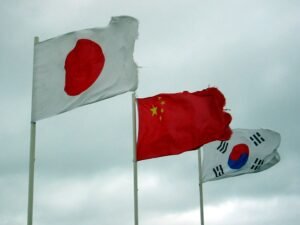
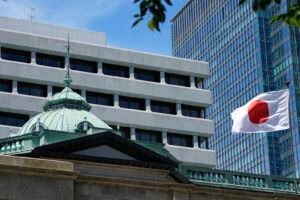



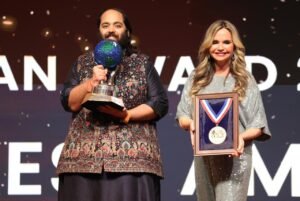
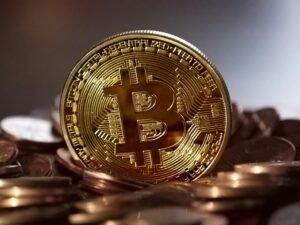

Post Comment